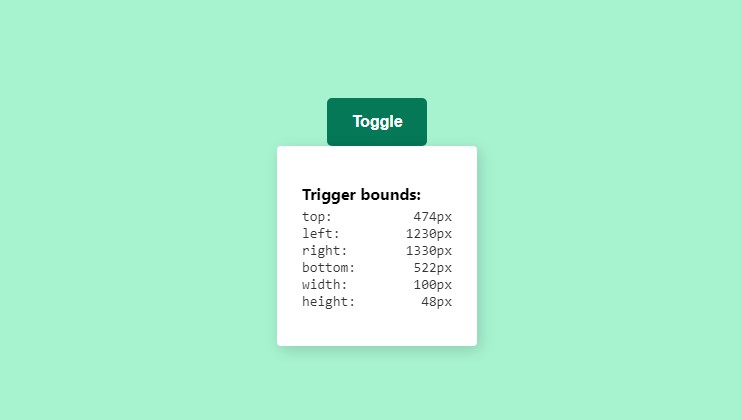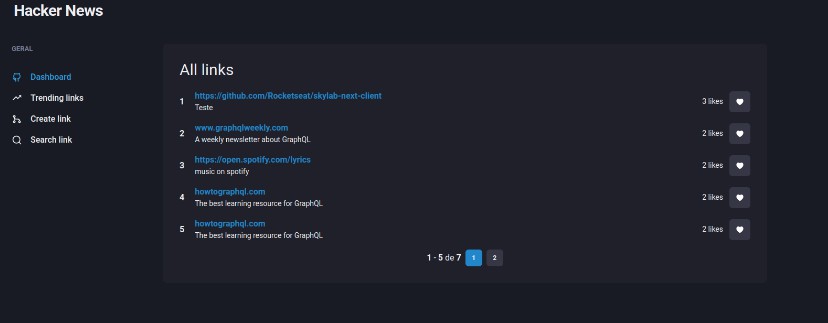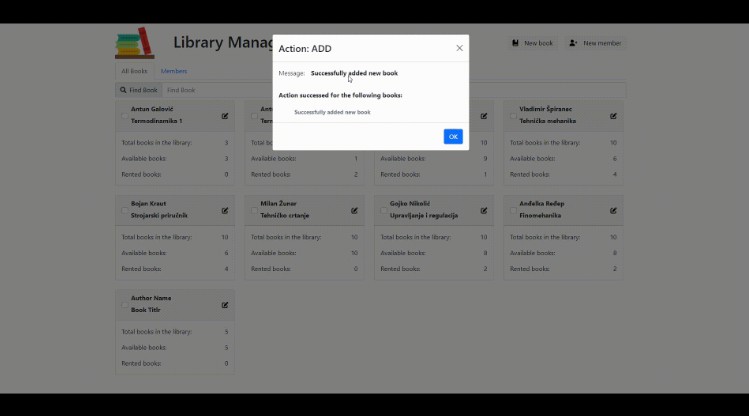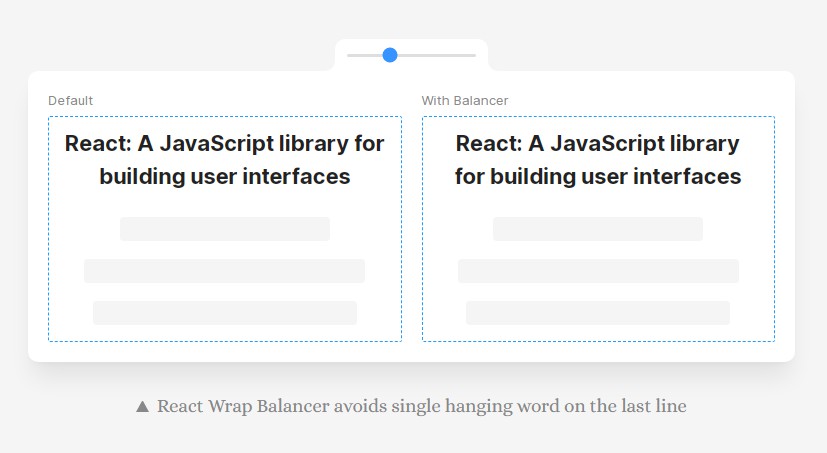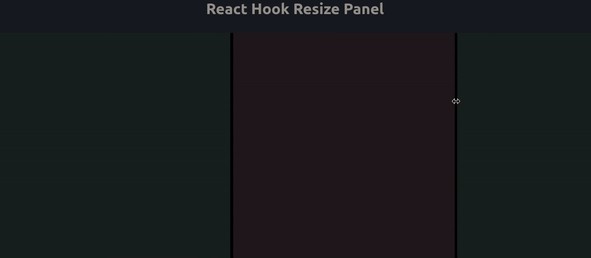solid-boundaries
Helps you to track the size and position of html-elements in solid-js.
What does it do?
See it in action here, or see it on CodeSandbox!
This small library exposes a small reactive primitive which tracks the size and position (bounds) of a specific html-element (subject). Bounds, just like when you call .getBoundingClientRect(), have the following structure:
interface Bounds {
top: number;
left: number;
right: number;
bottom: number;
width: number;
height: number;
}
This is useful for all kinds of things, like building tooltips, popovers, or other behavior and interactions related to changes regarding size and positions.
Bounds update in response to:
- scrolling – the entire window as well as (nested-)scroll-containers
- resizing – the entire window as well as the subject
- mutations in the document – to be more specific:
- any changes that may affect styling (style/class attributes)
- adding or removal of other html-elements
Install
npm install solid-boundaries
Usage
import { trackBounds } from "solid-boundaries";
function App() {
const { ref, bounds } = trackBounds();
// Make sure to pass the ref properly to the element you
// want to track, and do something with fun with the bounds!
// Note: the bounds are `null` when the element has not been
// connected to the DOM yet.
return (
<div ref={ref}>
{bounds() && JSON.stringify(bounds())}
<div>
)
}
API
interface Bounds {
top: number;
left: number;
right: number;
bottom: number;
width: number;
height: number;
}
interface Config {
/**
* Whether to actively track the element's position.
* @default () => true
*/
enabled?: Accessor<boolean>;
/**
* Whether to actively track mutations in the DOM.
* @default () => true
*/
trackMutations?: boolean;
/**
* Whether to actively track resizes of the element you're
* tracking or of the entire window.
* @default () => true
*/
trackResize?: boolean;
/**
* Whether to actively track scrolling.
* @default () => true
*/
trackScroll?: boolean;
/**
* Defines specific keys of the boundary to track.
* By default all keys are tracked.
* @default ["top", "right", "bottom", "left", "width", "height"]
*/
keys?: BoundsKeys;
/**
* Whether not to show warning messages in the console
*/
suppressWarnings?: boolean;
}
type TrackBoundsProps = {
/**
* Setter which should be passed to the `ref` prop of the
* element you want to track.
*/
ref: Setter<HTMLElement | null>;
/**
* The bounds of the element you are tracking.
* Note: returns `null` if the element is not connected
* to the DOM.
*/
bounds: Accessor<Bounds | null>;
/**
* Provides a reference to the element.
*/
element: Accessor<HTMLElement | null>;
};
function trackBounds(config?: Config): TrackBoundsProps;
Browser compatibility
This library makes use of ResizeObserver and MutationObserver. If you need to support older browsers I recommend to use a polyfill, otherwise certain behavior will be skipped.
Contributing
Want to contribute to solid-boundaries? Your help is very much appreciated! Please consult the contribution guide on how to get started.
License
MIT © everweij
